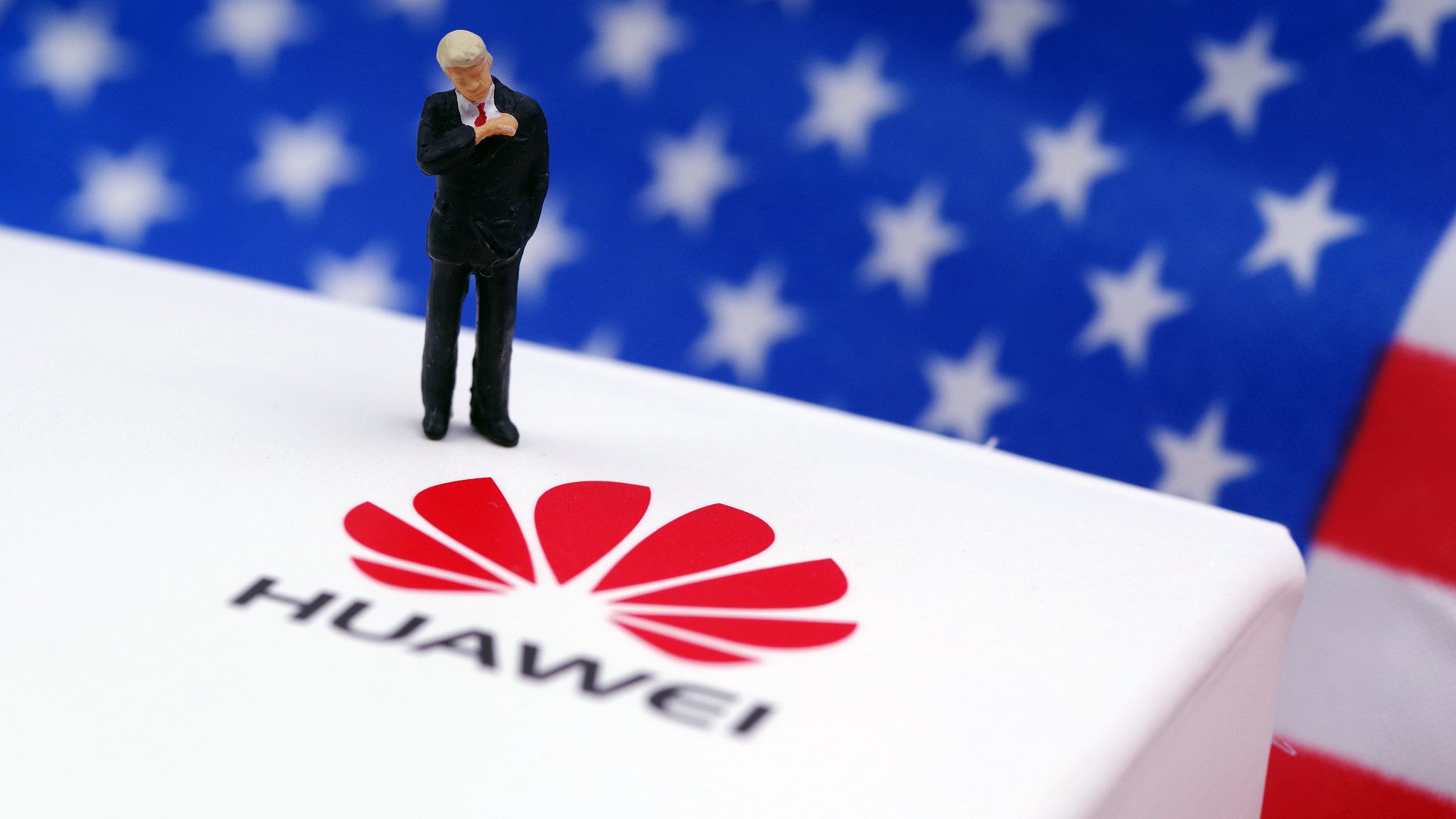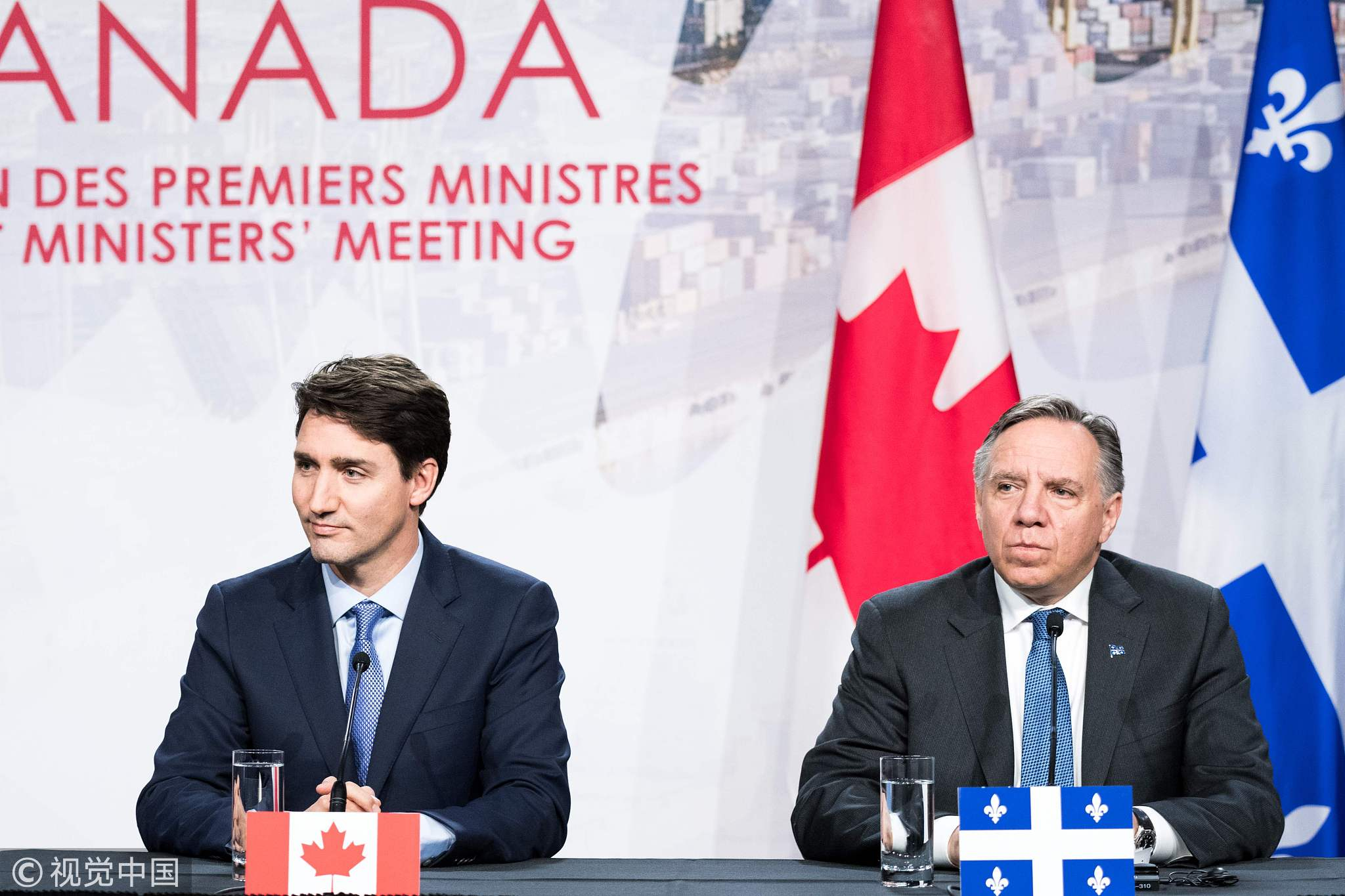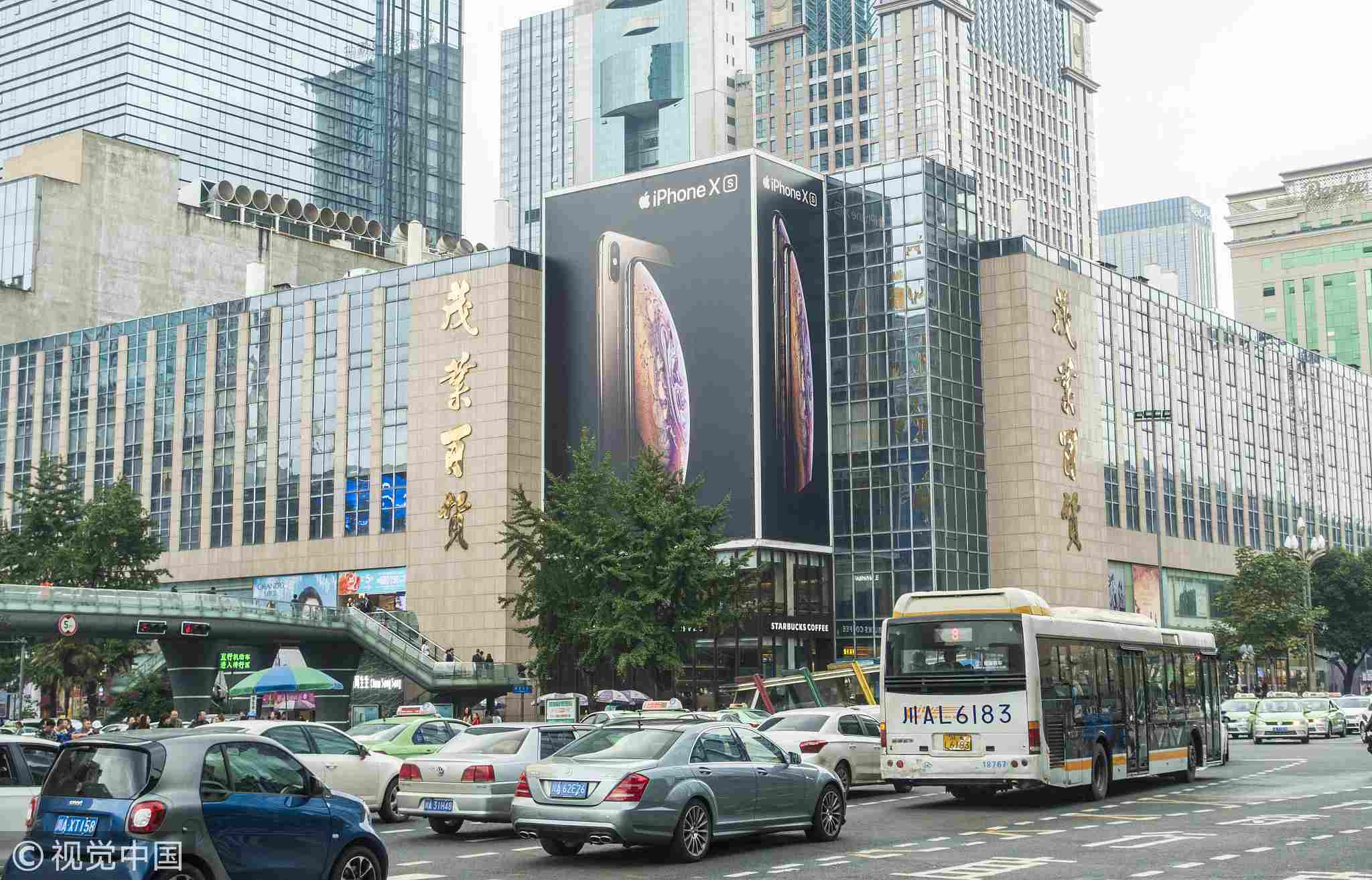
Opinions
11:43, 13-Dec-2018
Opinion: Rockier Sino-U.S. relations ahead
Updated
11:09, 16-Dec-2018
Ken Moak

Editor's note: Ken Moak taught economic theory, public policy and globalization at the university level for 33 years. He co-authored a book titled "China's Economic Rise and Its Global Impact" in 2015. The article reflects the author's opinion, and not necessarily the views of CGTN.
On December 11, the British Columbia Supreme Court Justice made the right decision in freeing Meng Wanzhou on bail, albeit the price is rather stiff at 10 million Canadian dollars (7.5 million U.S. dollars) plus the cost of keeping her under 24-hour surveillance in Vancouver.
The judge also pointed out that Ms. Meng does not have a criminal record in China or elsewhere. There is certainly no evidence that she broke any Canadian or U.S. law.
It should also be pointed out that the U.S. has not submitted an extradition request, only provided unsubstantiated allegations that Huawei violated U.S. sanctions against Iran by selling American-made technology goods to the Islamic republic. Moreover, the sanctions are a unilateral U.S. decision and border on “extraterritoriality”, imposing American laws on other sovereign nations.
The U.S. has six months from the day on which Ms. Meng arrested. Besides, the American government must provide credible evidence to support the extradition request.
Another interesting part if the saga is Trump saying that he would intervene on Ms. Meng's behalf if that could bring a trade deal with China.
What's more, the timing of her arrest might not be coincidental, made on the same day as U.S. President Donald Trump and Chinese President Xi Jinping reached a 90-day truce to negotiate an agreement that could end the trade war between the world's two largest economies.
Canada might be the “victim” and gets little thanks for arresting Ms. Meng

Canadian Prime Minister Justin Trudeau (L) with Quebec Premier François Legault during the Canadian First Ministers' conference at the Marriott Chateau Champlain in Montreal, Quebec, Canada, December 7, 2018. /VCG Photo
Canadian Prime Minister Justin Trudeau (L) with Quebec Premier François Legault during the Canadian First Ministers' conference at the Marriott Chateau Champlain in Montreal, Quebec, Canada, December 7, 2018. /VCG Photo
Unfortunately, Canada is the victim, caught at the middle of the U.S. and China power struggle. Arresting Ms. Meng has damaged the Sino-Canadian relationship, albeit freeing her on bail might “sooth” the wound a little. Trade relations between the two countries could suffer, as pointed out by Chinese citizens boycotting a Canadian product.
The sad part is Canada gets very little thanks from the U.S. for doing its “dirty work”. America does not care if China reduces trade with Canada. Indeed, under the “new NAFTA” or U.S.-Mexico-Canada Agreement framework, the U.S. might even block Canada from forging a close relationship with China.
Possible motives for arresting Ms. Meng
Some people suggested that the U.S. is determined to “wipe out” Huawei because over 170 countries, including many staunch U.S. allies such as France and Germany, are using the company's telecommunications equipment and 5G technology which most experts believe are the best, most advanced and least expensive in the world.
Moreover, if Huawei products are a security concern because they are made in China, the U.S. should ban China-assembled Apple, Dell, Hewlett-Packer, Samsung and other technology products. If China can plant spyware in Huawei smartphones, it can also do the same on the foreign brand.

iPhone X's billboard in Chengdu, China. /VCG Photo
iPhone X's billboard in Chengdu, China. /VCG Photo
Trade war might be about a power struggle between U.S. and China
In this context, the speculation of the war might be about China's increasing economic and technological prowess. In the minds of many Americans in the position of power or ability to influence policies would not allow China or any other country that can challenge U.S. supremacy.
The U.S. establishing so many military bases across the world, intimidating or bombing “rogue” nations might be for two purposes: shape the world in America's image and sustain U.S. economic growth and dominance.
From this perspective, U.S. Vice President Mike Pompeo threatened China with a Cold War if the U.S. does not get what it wants from China. His wish might come true if the threat is followed through, pushing the world into an economic quagmire and risking global security.
Chinese President Xi and U.S. President Trump might be aware of the consequences of a cold war between their countries in light of the recent telephone conversation between China's Liu He and U.S.'s Steven Mnuchin and Robert Lighthizer on establishing a roadmap and parameters for trade negotiations.
Indeed, Trump might crave for a trade agreement with China because he is getting considerable “flack” from his domestic opponents. With the Mueller investigation on possible Trump Campaign-Russian conspiracy meddling in the 2016 presidential election and lost the midterm congressional election, Trump needs a policy victory. Besides, the trade war is beginning to bit into the U.S. economy.
Possible rocky China-U.S. relations ahead
As indicated in my last article, some in the U.S. want to de-rail Trump's trade truce with China. Arresting Meng Wanzhou might be the “first shot”.
(If you want to contribute and have specific expertise, please contact us at opinions@cgtn.com.)

SITEMAP
Copyright © 2018 CGTN. Beijing ICP prepared NO.16065310-3
Copyright © 2018 CGTN. Beijing ICP prepared NO.16065310-3